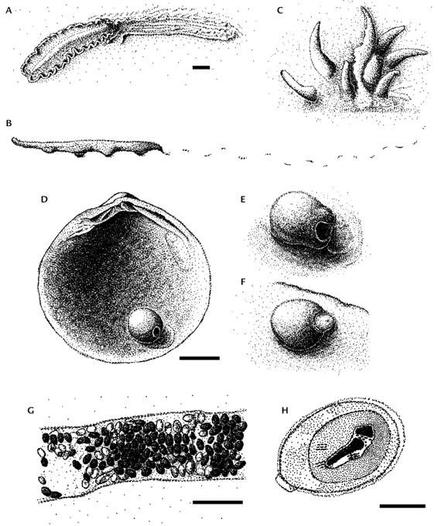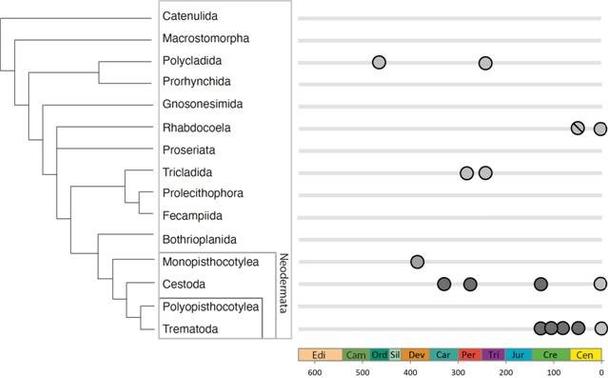Just in time for
#FossilFriday: Fossil constraints on the origin and evolution of #Platyhelminthes are surprisingly concordant with modern molecular #phylogenies:
https://doi.org/10.1590/S1984-4689.v41.e24002
#flatworms
#paleobiology
#paleontology
#fossils
#paleoparasitology
#helminths
#flatworms

